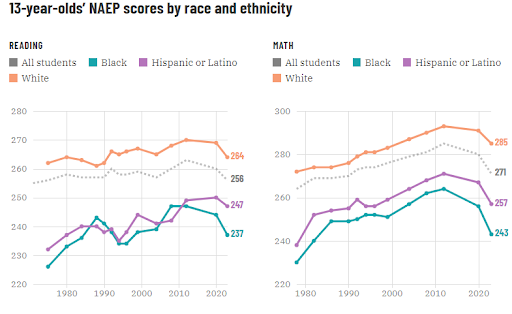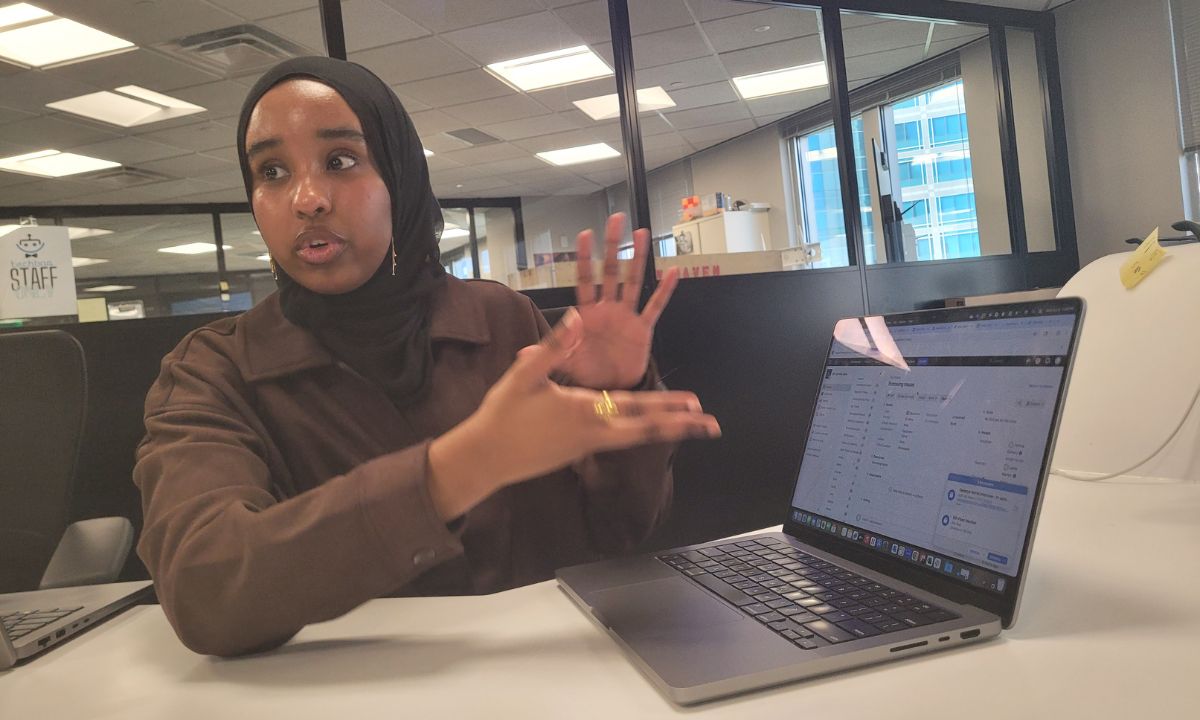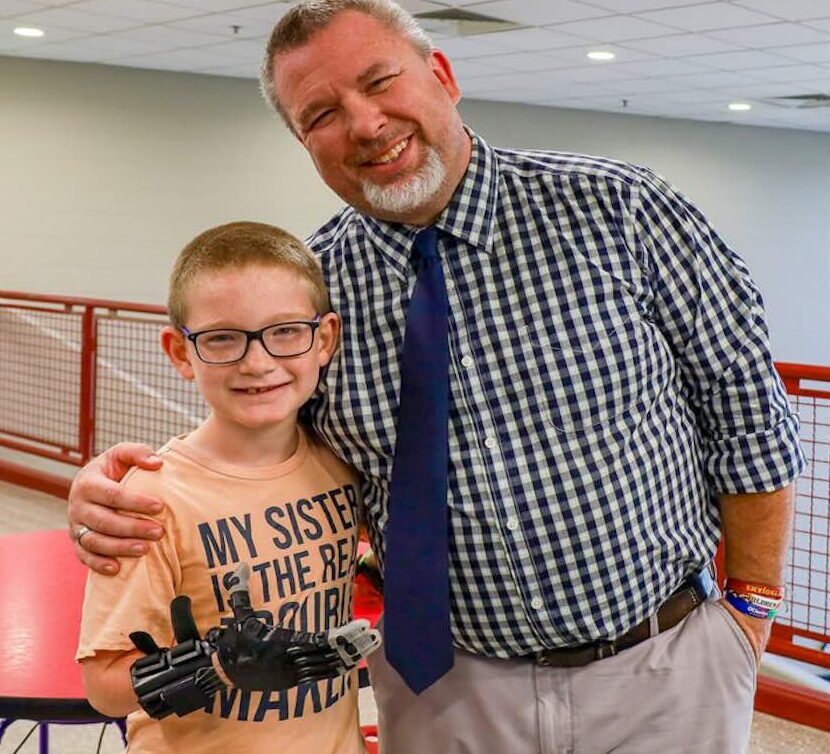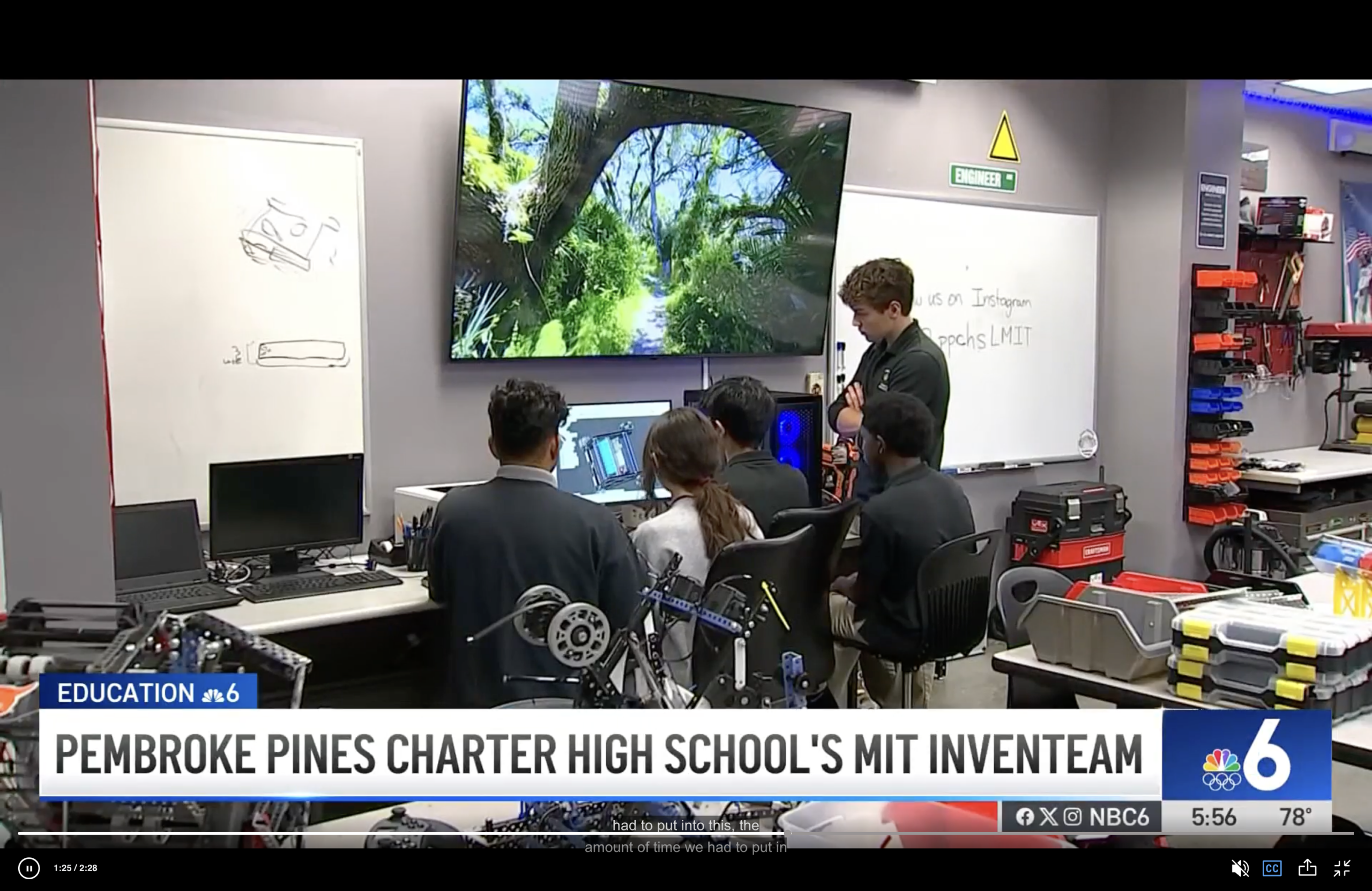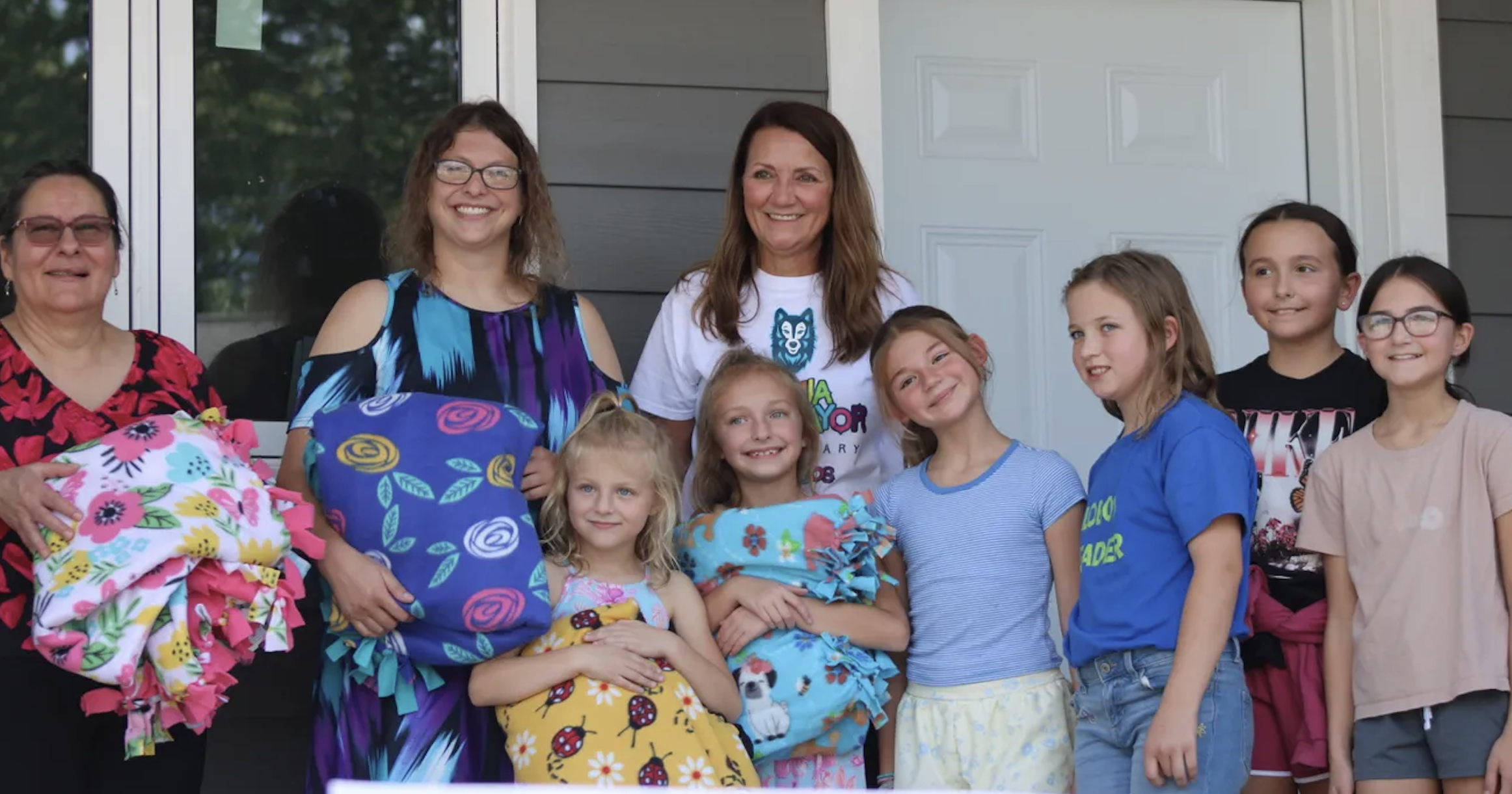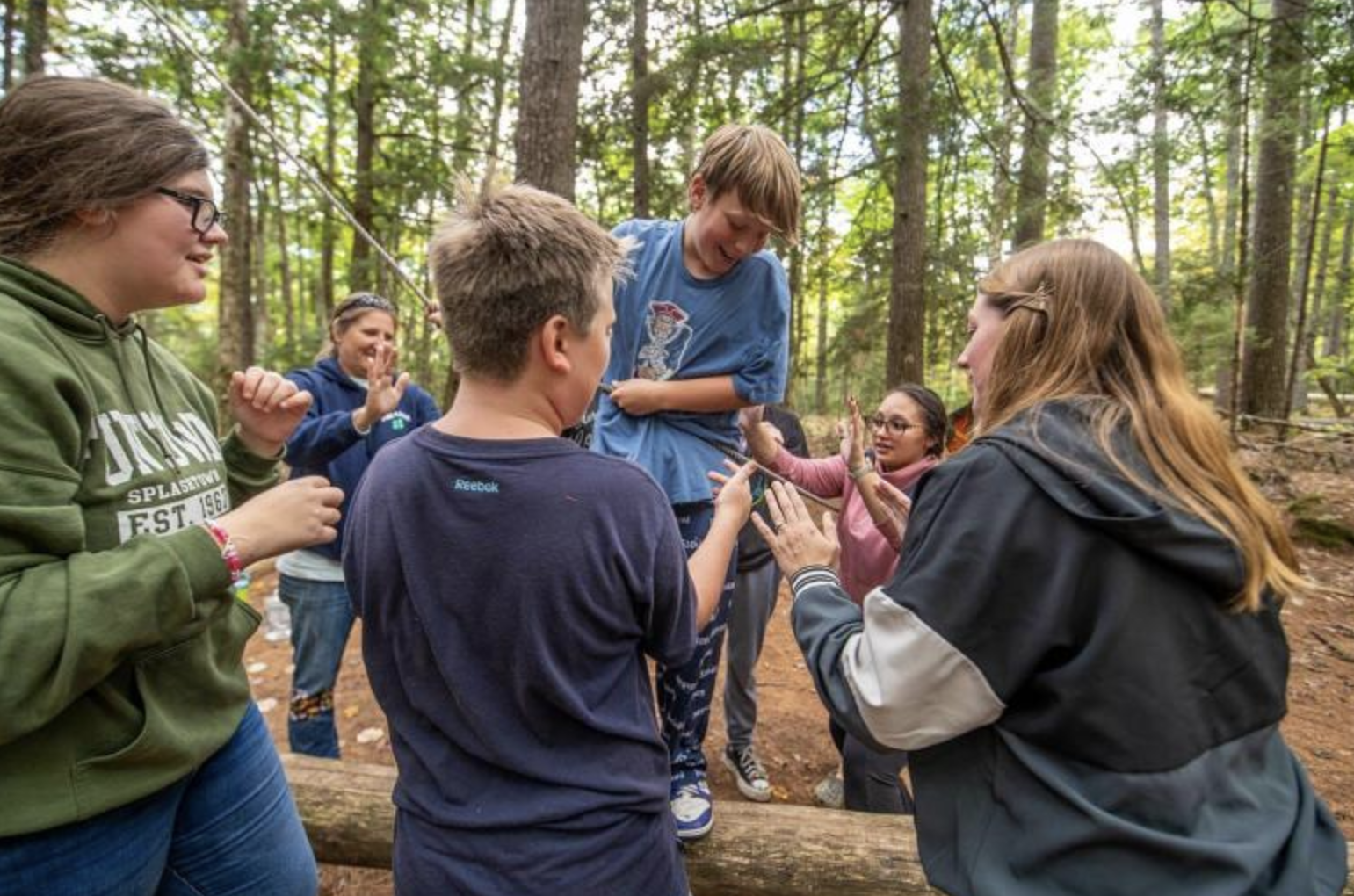Jump to: Top Tasks | From the Field | Key Resources | Moments of Resilience
It’s week 170 of our new reality and we are thinking about both the scale of the problems in our education system and the scale needed for a solution.
As Louisiana Kids Matter Executive Director Kelli Bottger remarked this week on the unanimous, bipartisan passage of a bill to scale tutoring across her state: “The entire system needs to realize that students aren’t going to recover from historic learning loss without a historic response and interventions.”
That is particularly important at this time, after another shocking release of NAEP scores that not only show learning loss from extended school closures is not receding, but also that intervention strategies have yet to reach the quality, scale, or–inexplicably, given the largest financial federal investment in the nation’s schools in history–funding necessary to correct course.
The results are a far cry from the thesis of many who defended extended school closures by claiming that students were resilient and would bounce back once schools reopened. The newest NAEP results put an end to those claims. It is now clear that to avoid a lost generation, the scale of our response needs to match the scope of the crisis before us.
SUBSCRIBE
Last week, we looked at ESSER dollars and the failure of many districts to use them to actually reach students, the undeniable success of charter schools and the inspiring wins achieved by HawaiiKidsCAN.
This week, we take a hard look at the recent NAEP results and we put a spotlight on one replicable model out of Louisiana, where the bipartisan win from Louisiana Kids Matter mandates high-dosage tutoring for every student in every school.
TOP TASKS
Fight for immediate academic solutions that meet the size of the crisis
The latest NAEP long-term trends report has a similar tune to previous releases: America’s students are in a crisis that persists, despite the historic $190 billion of emergency funding to schools.
But don’t take our word for it. Here’s The 74 Million: “COVID-19’s cataclysmic impact on K–12 education, coming on the heels of a decade of stagnation in schools, has yielded a lost generation of growth for adolescents.”
And The Washington Post: “No signs of academic recovery since the pandemic… Hardest hit were the lowest-performing students. In math, their scores showed declines of 12 to 14 points, while their highest-performing peers fell just six points. The pattern for reading was similar, with lowest performers seeing twice the decline of the highest ones.”
Black students were particularly hard hit by these declines. Their losses in math mean that nearly four decades of growth have been erased. In reading, they are now a full year of learning behind their Hispanic peers.That means that at the same time overall achievement is dropping, the achievement gap is increasing. In 2012, the gap between white and Black students stood at 23 points in reading and 29 points in math. Now, that gap has grown to 27 points in reading and 42 points in math.
THE TASK OF THE WEEK IS
Scale tutoring to address the size of learning loss
In early 2021 50CAN released a policy memo, “Tutoring as an Emergency Response and Recovery Strategy.” Within the memo we wrote, “Tutoring is one of the few educational strategies that we know works for almost all kids in a variety of implementation approaches.”
Last month, we shared news of an exciting partnership between Louisiana Kids Matter and Accelerate to bring high-dosage tutoring to five pilot districts throughout the state. Executive Director Kelli Bottger isn’t waiting around, however: “Look, the needs of our students are so great at this point in time. Tutoring is going to be meaningful for students in five of Louisiana’s districts, but I kept asking myself: ‘What about the other 65 districts?’”
The solution was SB177, a bill that Kelli worked on with leaders in the Senate that would expand high-dosage tutoring to every school in the state. The bill requires local school districts to place students in groups of five or less for 30 minutes of tutoring, at least three days a week, encouraging districts to utilize the $2.4 billion of unspent ESSER dollars to fund the intervention, mirroring the Accelerate pilot at a considerably greater scale.
As she pushed the bill forward, Kelli quickly realized it could become a signature, bipartisan victory for the legislature. More Democrats had co-sponsored the bill than Republicans and there was agreement not only on tutoring as an effective intervention, but also on the urgency of passing legislation.
As a result, the bill passed both the Senate and House with unanimous support. In the current political climate and with the prominent role education plays in it, this is a sterling example of what can happen when we put politics aside and work together to bring solutions to the challenges our children face.
“With the latest release of NAEP long-term trend reports, we know that the challenges students are experiencing are persistent. The entire system needs to realize that students aren’t going to recover from historic learning loss without a historic response and interventions,” Kelli shared. “The unanimous passage of this bill is a sign that in Louisiana, we’re up to this challenge.”
THE TASK OF THE WEEK IS
FROM THE FIELD
Connecticut Public Radio, PBS and NPR report on ConnCAN’s signature victory this year, which provided over $150 million for academic recovery for the state’s struggling students. “There’s an opportunity to really accelerate learning, get kids back on track and make sure they’re ready for the world ahead,” ConnCAN Policy and Research Director Hamish MacPhail told reporters.
GeorgiaCAN celebrated the graduation of their spring cohort of EPIC (Empowered Parents Invested in Change) advocates. In addition, one of the program’s alumni was the focus of an NPR report on bringing the science of reading to Georgia, a key priority and 2023 legislative win for the GeorgiaCAN team.
NewMexicoKidsCAN’s Amanda Aragon was featured on EduRecoveryHub’s The Route podcast. In the wide-ranging conversation, Amanda touches on the journey that shaped her into the education advocate she is today, the influence of her grandparents and the critical work New Mexico needs to do in the weeks and months ahead. She also spoke on the importance of being part of the 50CAN network:
“As the executive director in New Mexico, I call the shots for New Mexico. I decide what policies make sense for us to work on. I decide all of the day-to-day actual work. On the backend, we have tremendous support from the national office in terms of doing all the stuff I don’t want to do. Our audits and our accounting and our HR. I get to do the work that I care about, and they make all the other work a lot easier. And then we have incredible thought partners like Derrell, like Marc, like Jonathan Nikkila. When we need help, we can call our other EDs, we can call the national team and ask, ‘Hey, can you help me think through this? How’s your state thinking through this?’
And because we’re also politically diverse, we can have really rich discussions about some of these political intersections that I think not every network gets to dive into because they align to one political leaning over another. We just have such a diversity in the network that we get to have really great conversations.”
Key Resources
Nicole Stelle Garnett and Michael McShane share four lessons on ESA implementation in The 74 Million, noting that after passage, the hard work has just begun.
EdWeek looks at advances in applying artificial intelligence to instructional coaching for both teachers and tutors, noting both the potential and the implementation challenges.
AEI makes the conservative case for cross-district, open enrollment in public schools, arguing that the abolishment of government-imposed boundary lines is the next step toward realizing Friedman’s vision.
EdSurge reports on a pilot between American University and Washington DC Public Schools that requires teacher preparation candidates to complete 40 hours of paid tutoring, an approach that could play a role to bring tutoring to the necessary scale.
Brookings finds that despite Latino students representing a quarter of the US student population, textbooks are neither broad nor deep enough in their coverage of seminal historical topics with respect to the Hispanic experience.
The US Department of Education, Carnegie Corporation and Overdeck Foundation are hosting a virtual event tomorrow at 1 pm ET on supporting early literacy and school success through family engagement.
Moment of Resilience
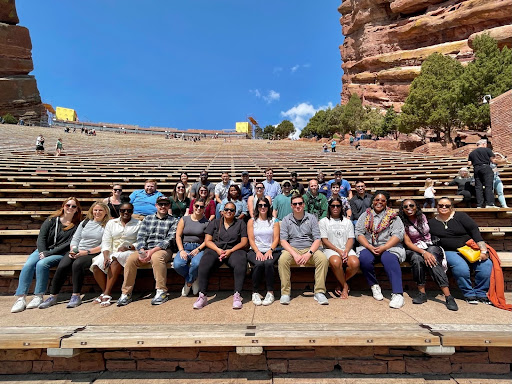
The 50CAN network gathered together in Denver to better understand the community partnerships TEN Executive Director Nicholas Martinez is building in the Centennial State. Additionally, we took the time for a series of conversations to build the foundations of our next strategic plan – both in conference rooms and outside, at the historic Red Rocks Amphitheatre.


